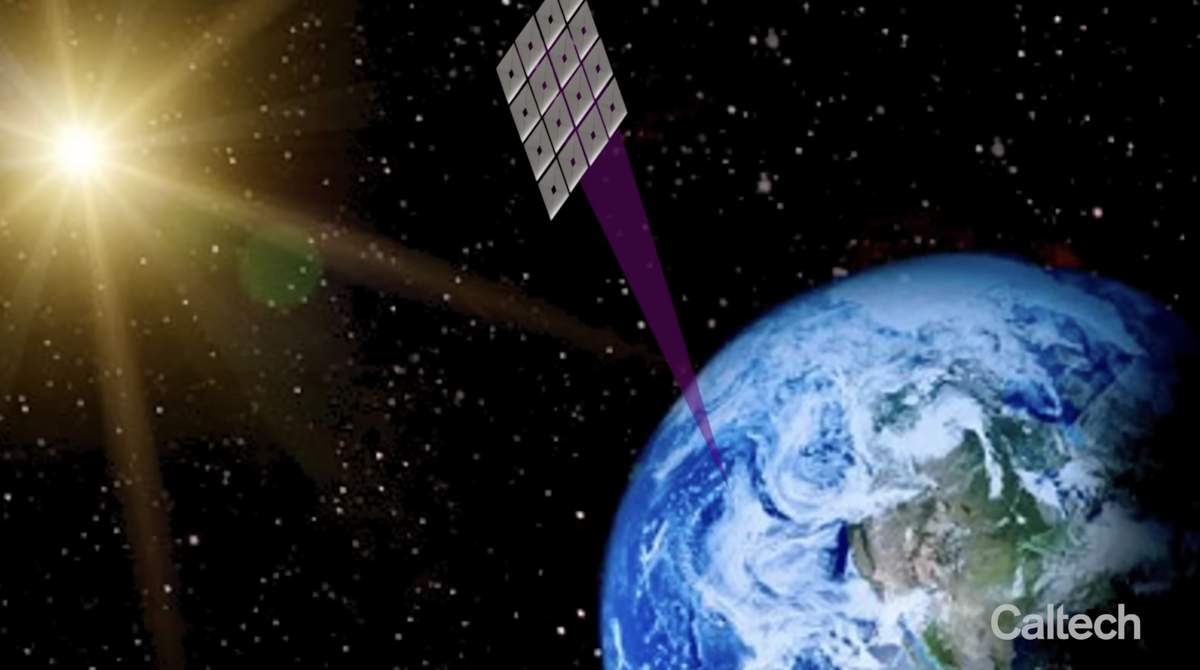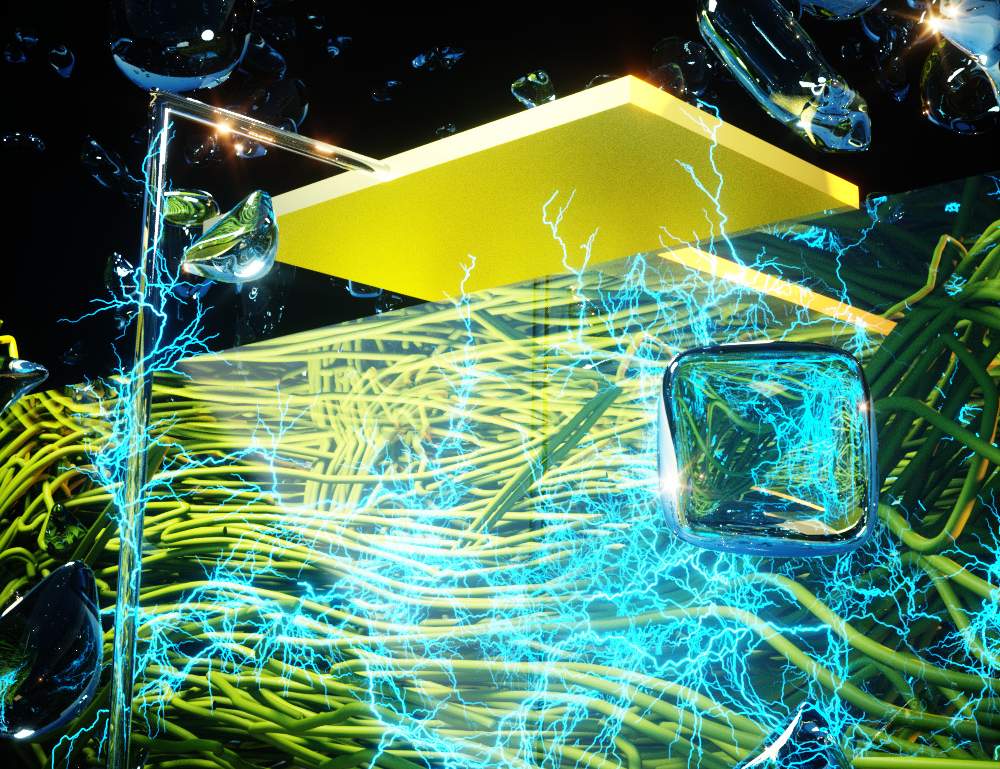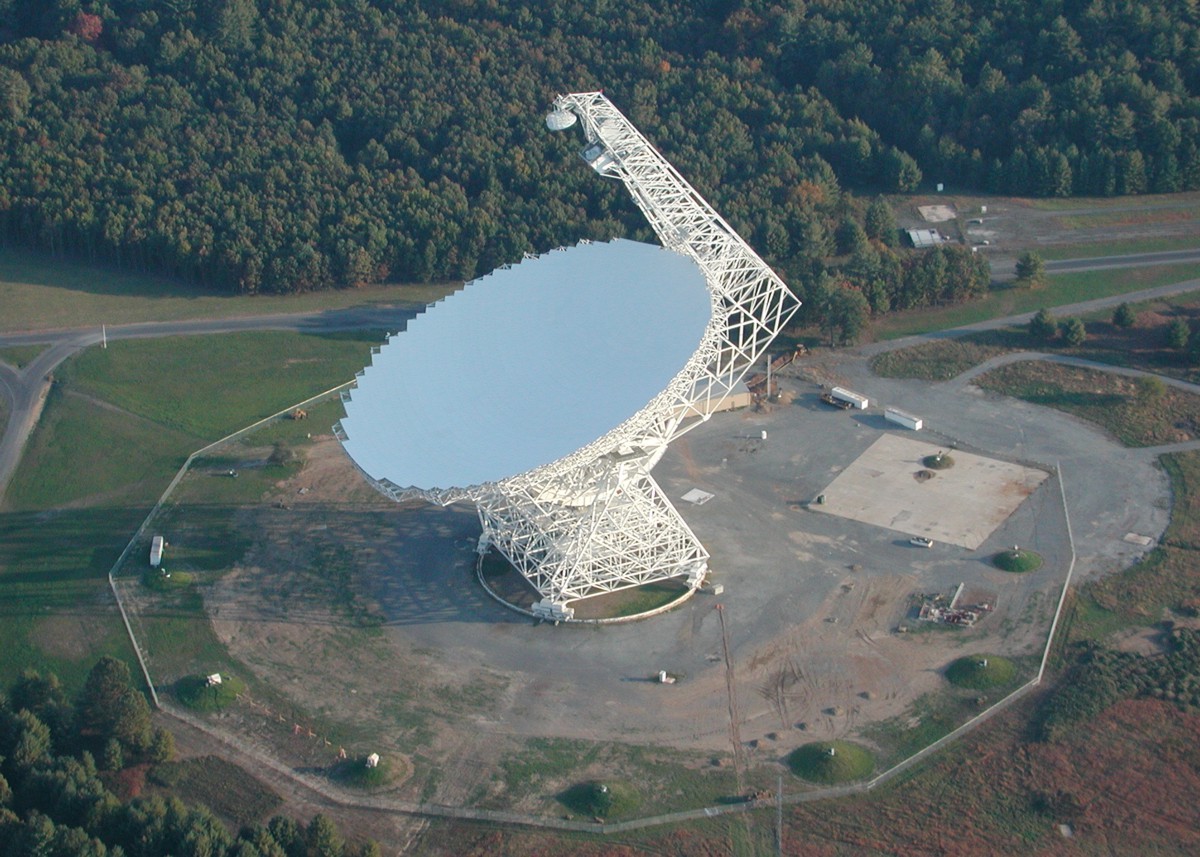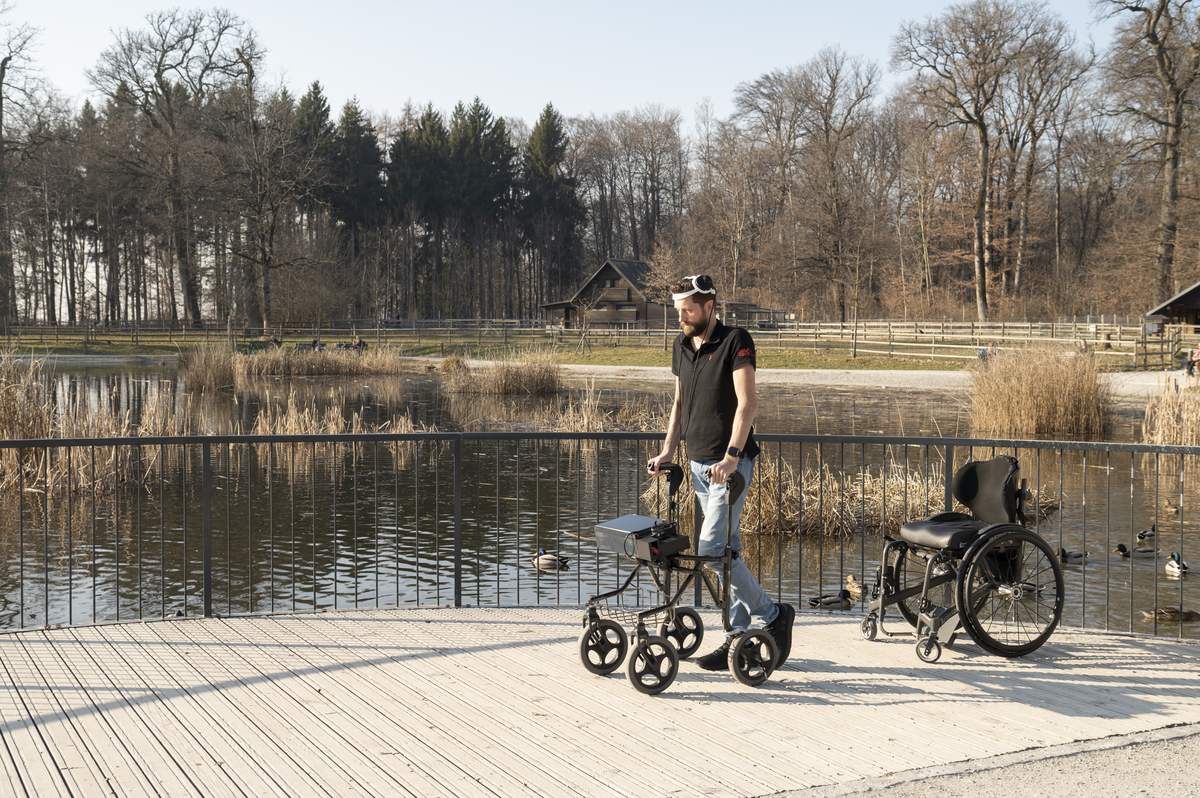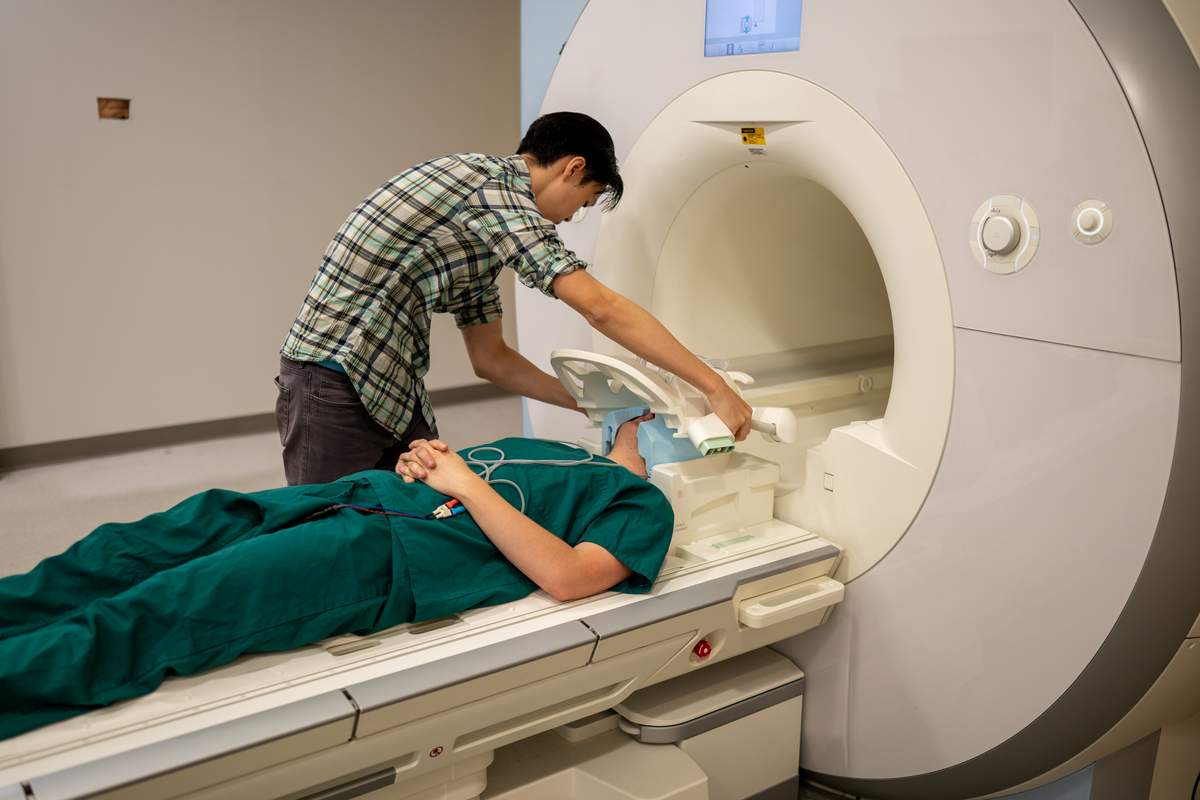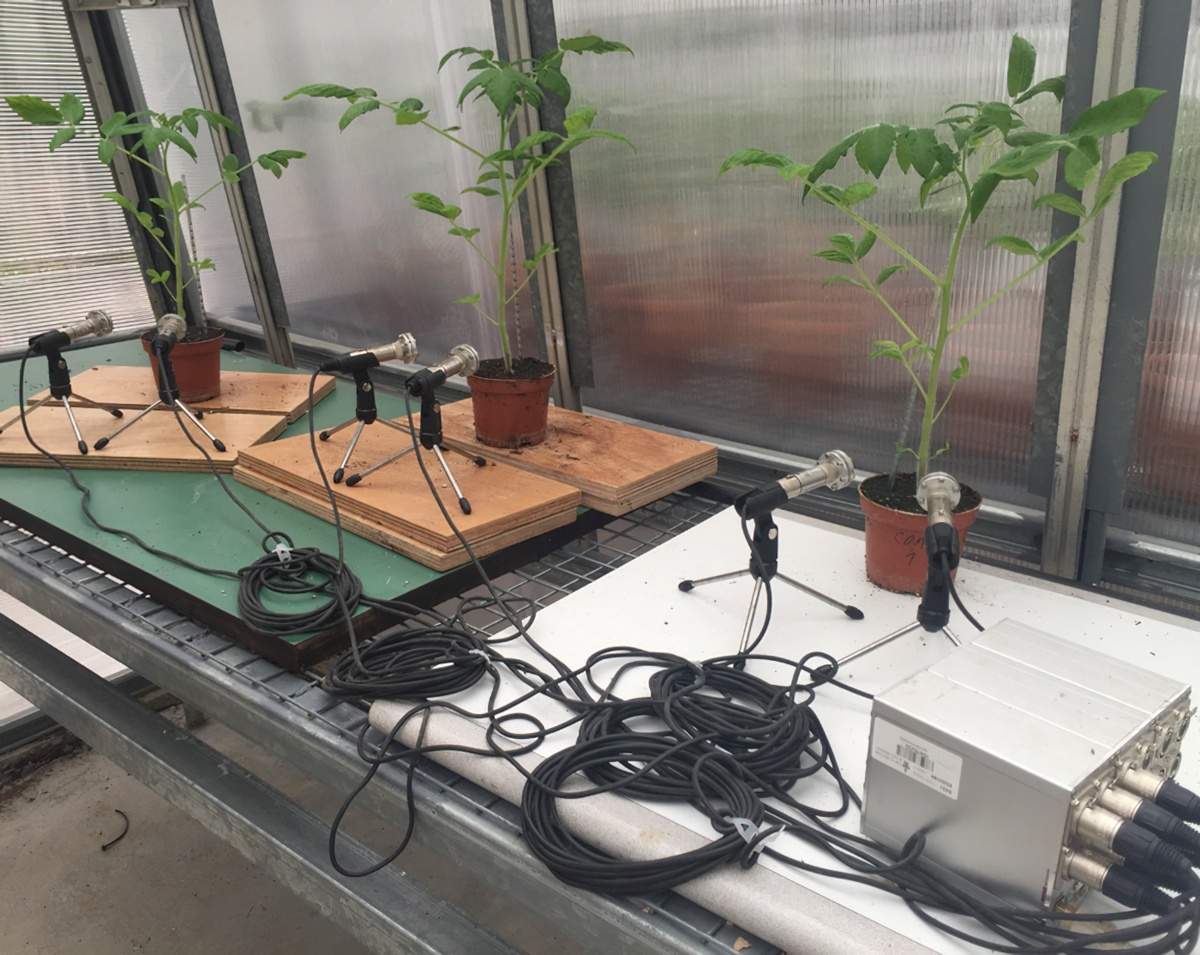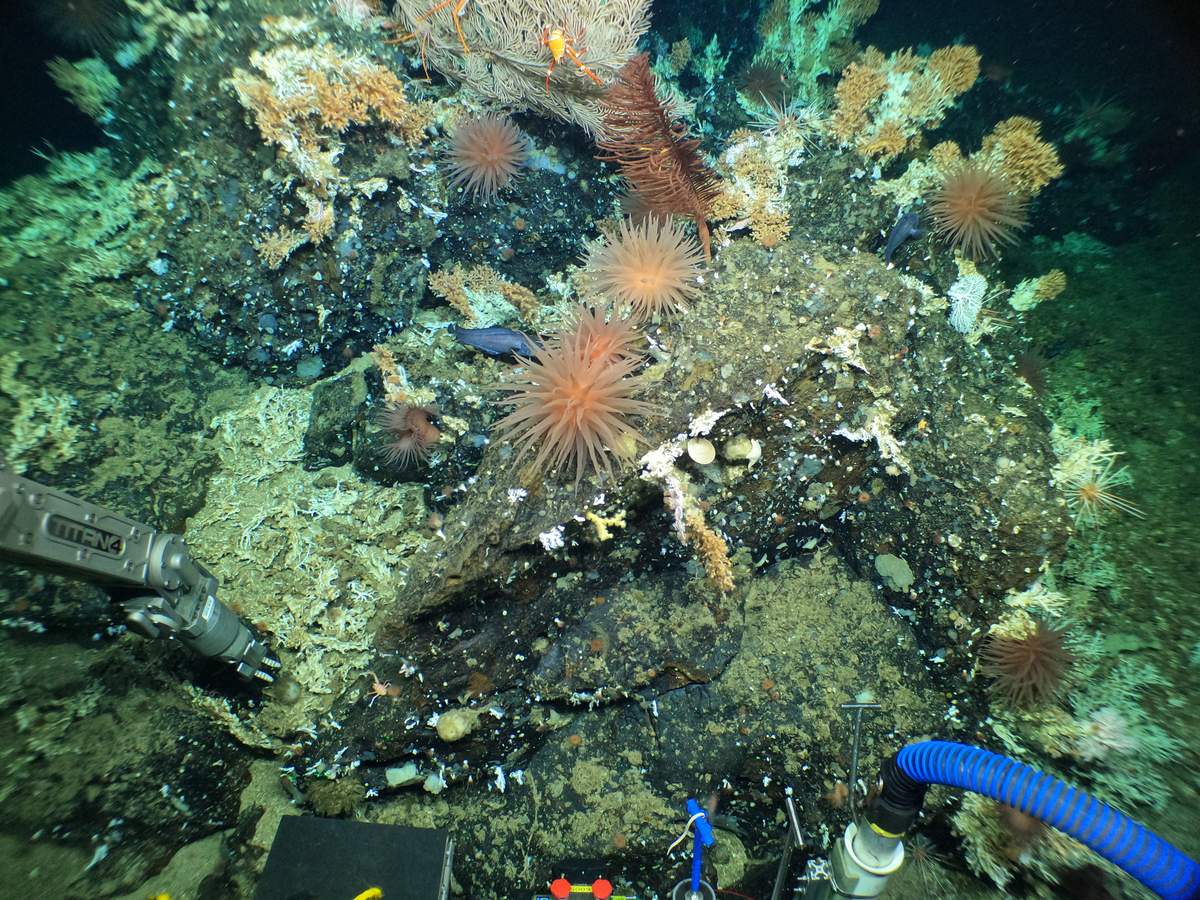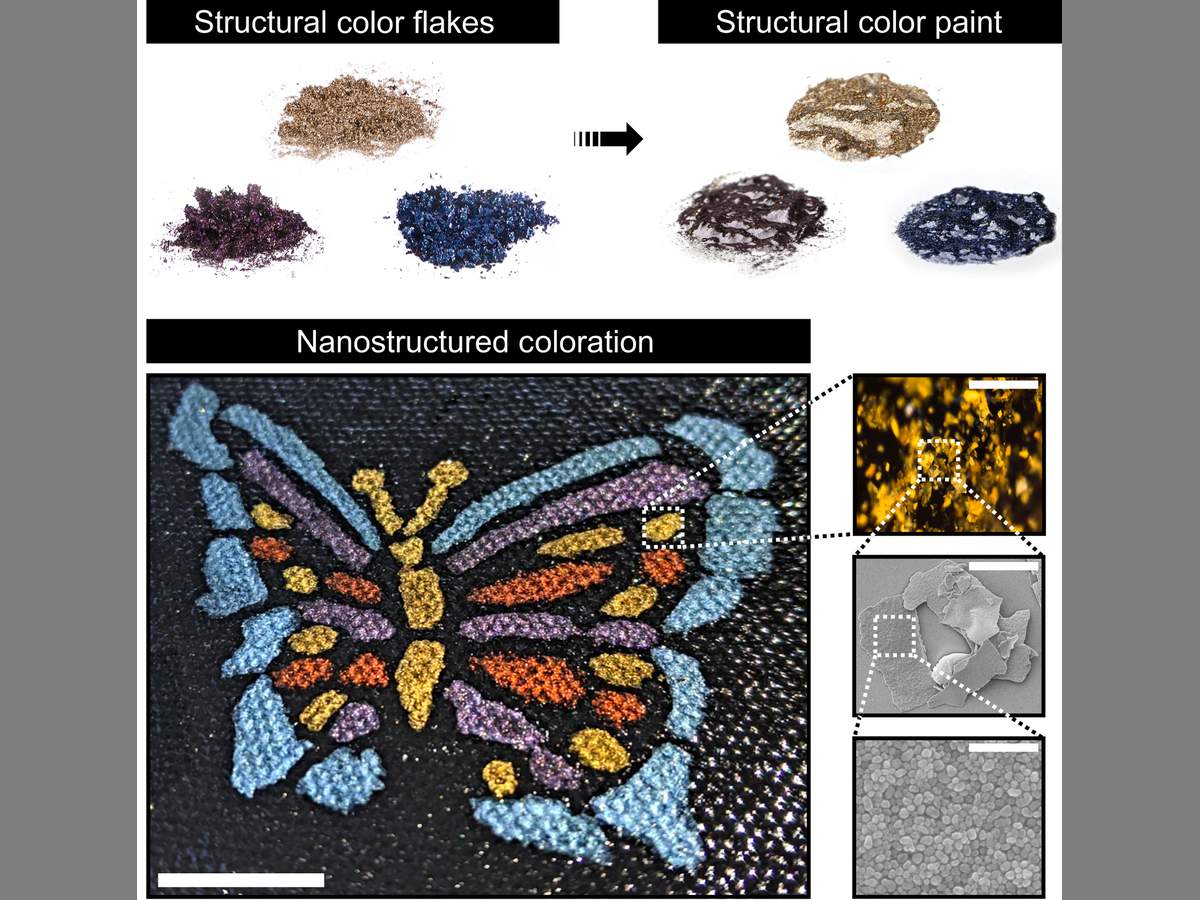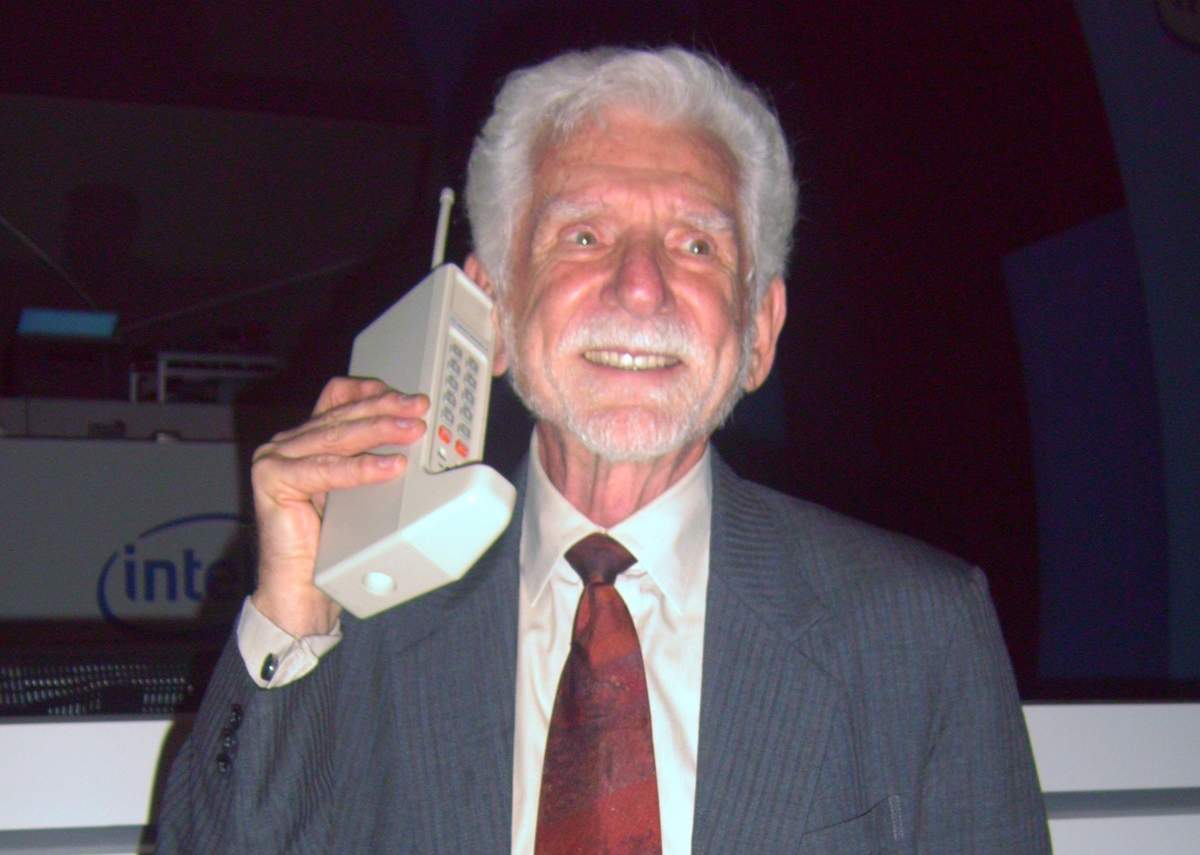Imagine being able to use energy from the sun all the time, even when it's night. That's the idea that scientists at Caltech are exploring. They're working on collecting sunlight in space and sending its energy to Earth.
Published in “Technology”
Scientists at the University of Massachusetts Amherst have invented a new way to make electricity. Their method uses super-tiny holes to make electricity from moisture in the air. The scientists hope the method will one day lead to cheap, clean electricity anywhere at any time.
The Earth has just been sent a message from space. Now people around the world are trying to figure out what the message says. But the message wasn't from aliens. Instead, it's part of a project designed to see how humans might react if we did get a message from aliens.
In 2011, Gert-Jan Oskam was in a motorcycle accident that left him paralyzed below his waist. Now, thanks to special electronics in his brain and spinal cord, he can stand and walk, controlling these actions himself.
Scientists have created the first full-sized digital model of the Titanic. The project is the largest underwater scan ever made. The model will allow scientists to study the Titanic in ways that were never possible before.
Scientists have created a new tool that can turn people's thoughts into words. It works by using an Artificial Intelligence program to translate brain activity into words. The scientists say the program could help people who can't speak because of a brain injury.
Scientists have known for years that plants respond to sounds around them. For example, flowers make sweeter nectar to the sound of buzzing bees. But now scientists in Israel have shown that plants also seem to be doing some "talking".
Scientists exploring the ocean around the Galapagos Islands have discovered a healthy, active coral reef, deep below the surface of the sea. The reef is unusual because it is so healthy, and has not been damaged by humans.
Scientists at the University of Central Florida have created a new kind of paint that's super light and super tough. The colors in the new paint aren't at all like those in most paints. Instead, they're more like the colors on a butterfly's wings.
On April 3, 1973, Martin Cooper made a cell phone call while walking down the sidewalks of New York. These days, that wouldn't be unusual. At the time, it was amazing. It was the first call ever made with a handheld cell phone.
Artificial Intelligence tools have become extremely powerful, surprising even their creators. Now, some people say there should be a pause in AI work to make sure it doesn't become dangerous. Not everyone agrees.

